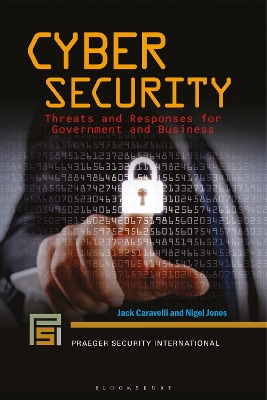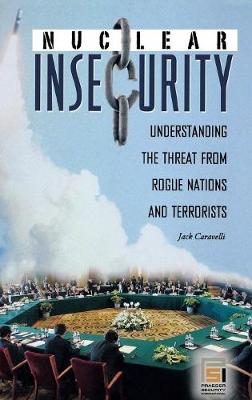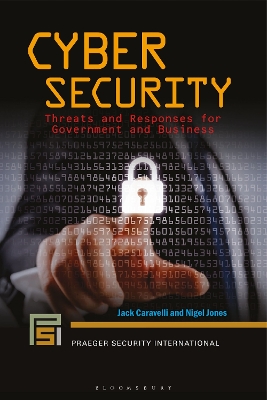Praeger Security International
4 total works
This text provides an up-to-date overview of nuclear weapons in the politically fragile Middle East, discussing the evolution and future of national programs, as well as the current challenge posed by Iran.
Shortly after World War II, the Middle East became a locus for nations seeking to acquire nuclear missiles and the means to deliver them to their enemies. Israel was the first; Libya and Iraq followed suit. Pakistan now possesses a substantial number of nuclear weapons, to which longtime rival India will no doubt respond. The implications of the political and security dynamics of the Middle East for the United States and other nations are truly profound and sobering.
Beyond Sand and Oil provides a nation-by-nation overview of the evolution of nuclear weapons programs in what is likely the world's most politically unstable region. A detailed assessment of Iran's prospects for becoming a nuclear weapons state-and how Israel, the Arab world, and the international community will respond to that outcome-is also included.
- Each chapter chronologically identifies key milestones in the nuclear programs of the selected nations
- Contains maps depicting areas of the Middle East
- Provides a comprehensive discussion by country of the nuclear weapons programs that have evolved in the Middle East since the 1950s
- Other key issues are addressed, specifically the evolution of the India-Pakistan nuclear rivalry and the current dangers posed by Pakistan's "Muslim bomb"
This timely and compelling book presents a broad study of all key cyber security issues of the highest interest to government and business as well as their implications.
This comprehensive work focuses on the current state of play regarding cyber security threats to government and business, which are imposing unprecedented costs and disruption. At the same time, it aggressively takes a forward-looking approach to such emerging industries as automobiles and appliances, the operations of which are becoming more closely tied to the internet. Revolutionary developments will have security implications unforeseen by manufacturers, and the authors explore these in detail, drawing on lessons from overseas as well as the United States to show how nations and businesses can combat these threats.
The book's first section describes existing threats and their consequences. The second section identifies newer cyber challenges across an even broader spectrum, including the internet of things. The concluding section looks at policies and practices in the United States, United Kingdom, and elsewhere that offer ways to mitigate threats to cyber security. Written in a nontechnical, accessible manner, the book will appeal to a diverse audience of policymakers, business leaders, cyber security experts, and interested general readers.
Nuclear Insecurity is an insider's account of official American efforts to prevent the theft or diversion of nuclear and radiological weapons that could be used by rogue nations or terrorist groups. This perspective draws heavily from the author's work on the White House National Security Council Staff (1996-2000), where he was directly responsible to President Clinton for the development of U.S. nuclear material security policies and, subsequently, at the U.S. Department of Energy, where he directed the department's largest international nuclear security program, focused primarily on Russia.
In Caravelli's assessment, despite exceptional bipartisan political support and very high funding levels that have reached over $9 billion, a series of policy mistakes and programmatic bureaucratic missteps have badly compromised the United States government's efforts to protect against the spread of nuclear weapons and materials. The most striking example of the current situation is that the U.S. government, some 12 years after the start of these programs, still has failed to enhance the security of more than 300 metric tons of nuclear materials in Russia alone, enough to make hundreds of nuclear devices. The book concludes with recommendations and policy prescriptions for addressing some of these problems.



